ABB 500PSM03 Overview
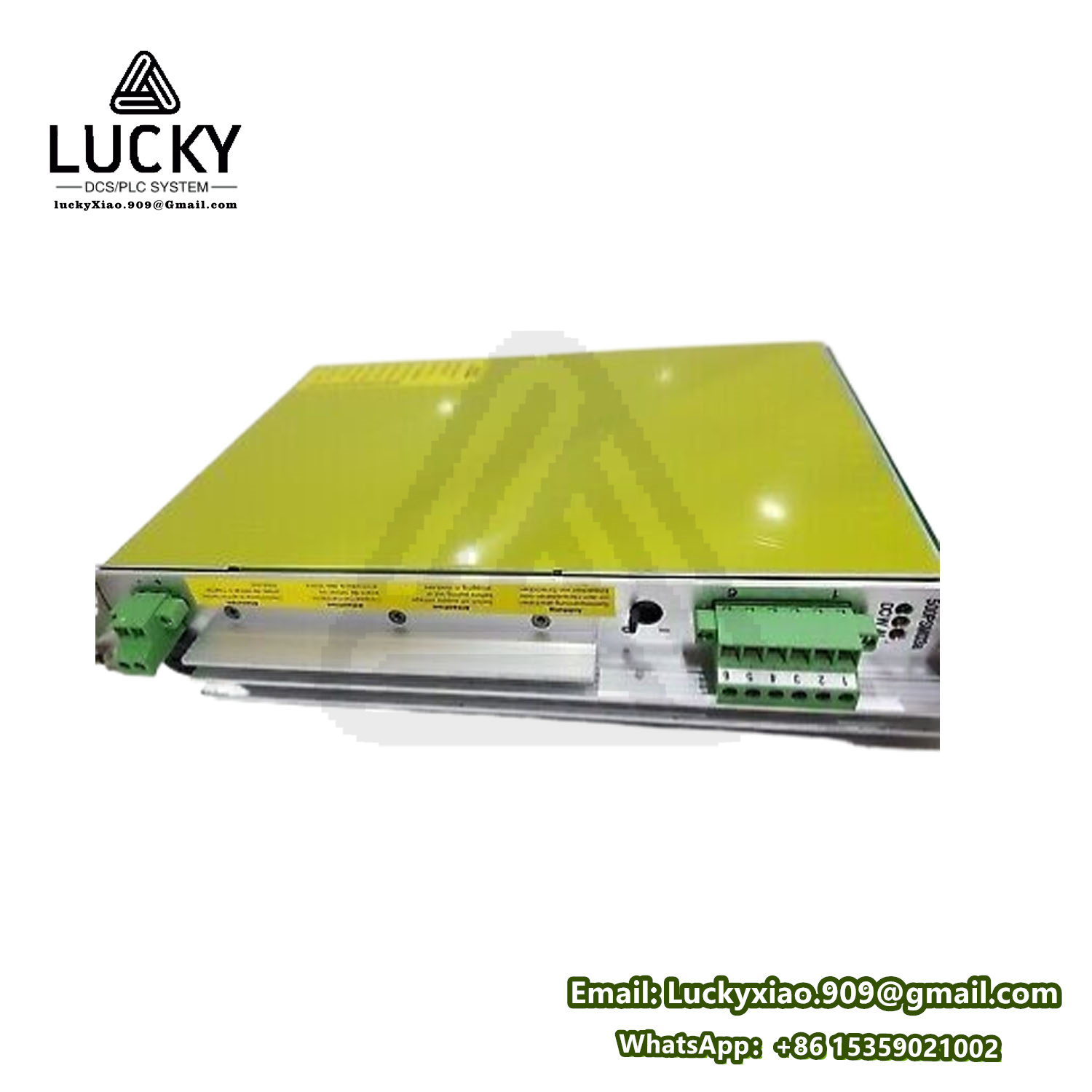
Manufacturer: ABB Group
Category: Power Supply Module / Industrial Control Component
Key Technical Parameters
Input Voltage Range: Typically designed for industrial voltage standards, such as 24V DC or 110-240V AC, ensuring compatibility with global power grids.
Output Specifications: Provides regulated DC output (e.g., 24V DC) with high precision, often supporting currents up to 20A depending on configuration.
Power Rating: Rated for 500W continuous operation, suitable for demanding industrial environments.
Efficiency: High efficiency (e.g., ≥90%) to minimize energy loss and heat generation.
Protection Features: Includes overvoltage, overcurrent, short-circuit, and thermal protection to ensure system reliability.
Operating Temperature: Designed for a wide temperature range, such as -25°C to +70°C, enabling deployment in harsh conditions.
Certifications: Complies with industrial standards like CE, UL, and IEC for safety and electromagnetic compatibility (EMC).
Functional Capabilities
Stable Power Delivery: Ensures consistent voltage/current output to critical automation systems, PLCs, or motor drives, minimizing downtime in production lines.
Modular Design: Allows for easy integration into ABB’s control cabinets or modular systems, supporting hot-swapping for maintenance without system shutdown.
Communication Interface: May include monitoring interfaces (e.g., RS-485, CAN bus) for real-time diagnostics and integration with SCADA or IoT platforms.
Redundancy Support: Some configurations enable parallel operation for redundant power supply setups, critical for high-availability systems.
Applications
Industrial Automation: Powers PLCs, sensors, and actuators in manufacturing systems.
Process Control: Used in oil and gas, chemical plants, or water treatment facilities.
Renewable Energy Systems: Supports inverters or battery management systems in solar/wind installations.
Key Advantages
Robustness: Built to withstand vibrations, humidity, and electrical noise common in industrial settings.
Scalability: Modular architecture simplifies system expansion.
Low Maintenance: Long MTBF (Mean Time Between Failures) reduces lifecycle costs.

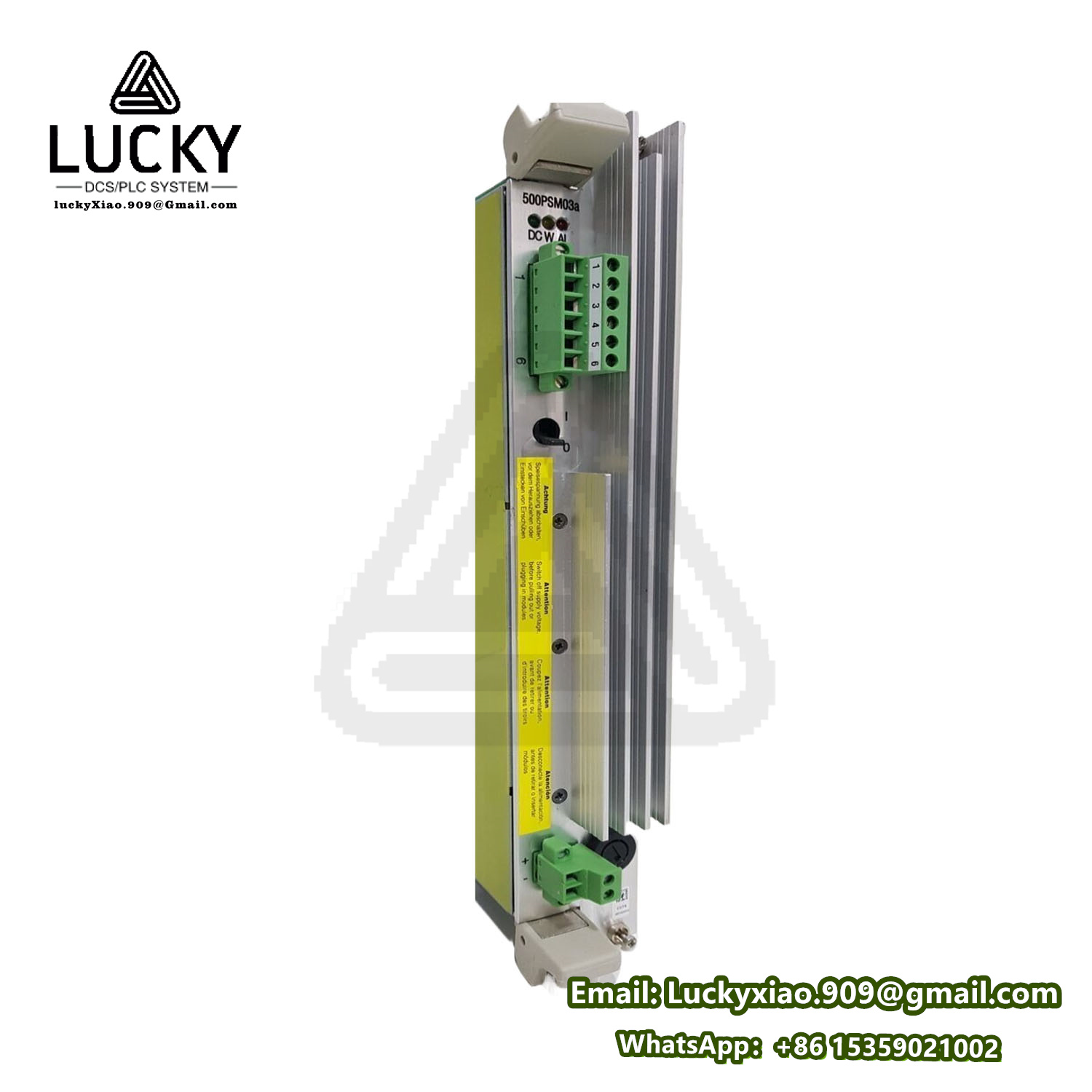
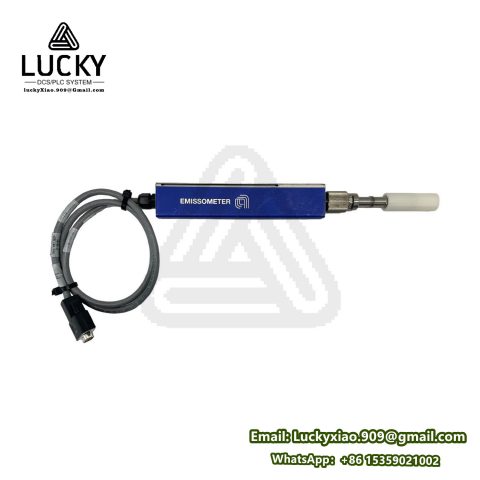
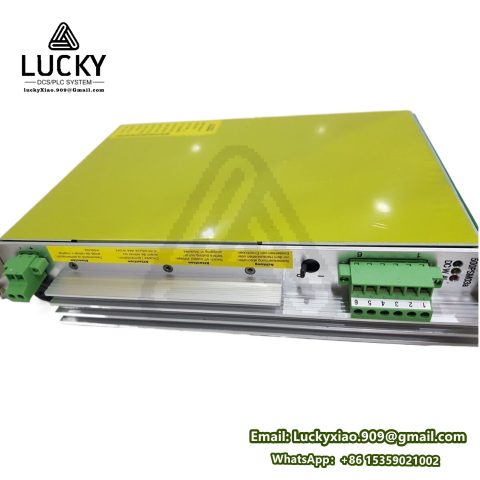
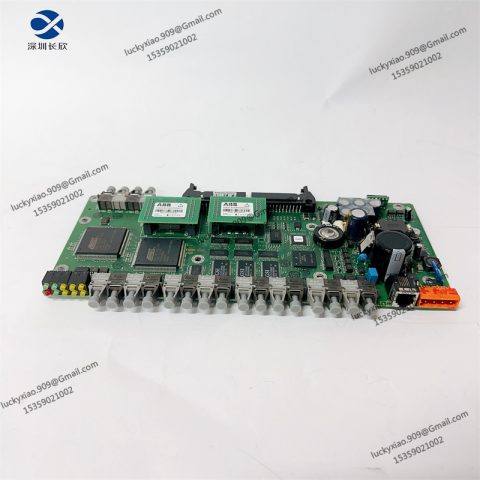
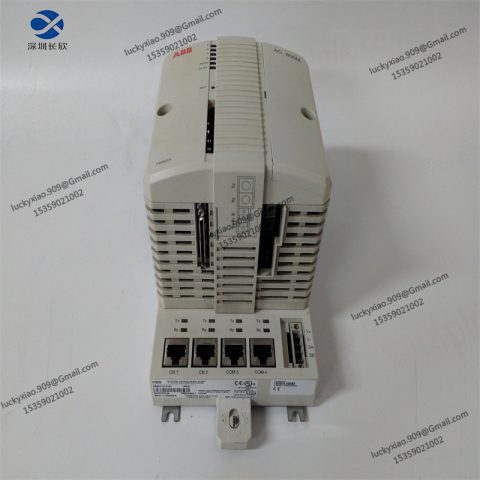
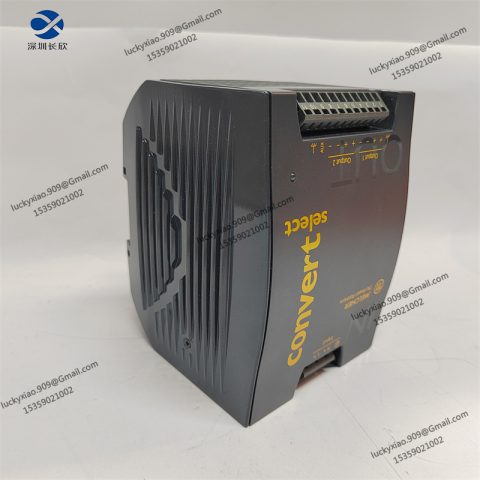
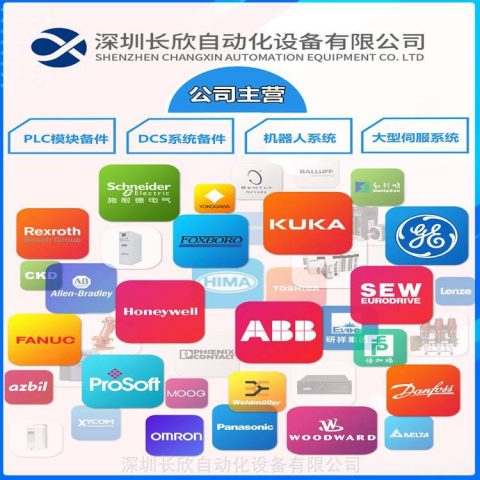
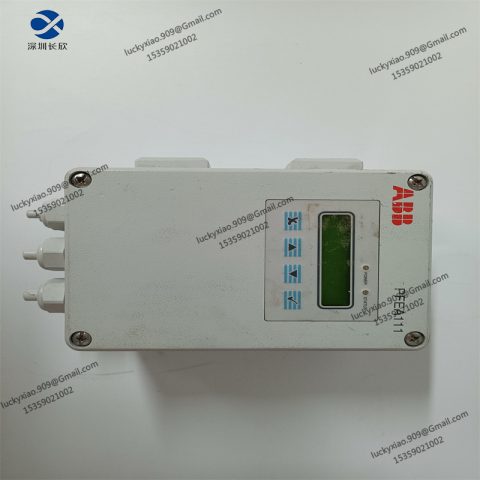
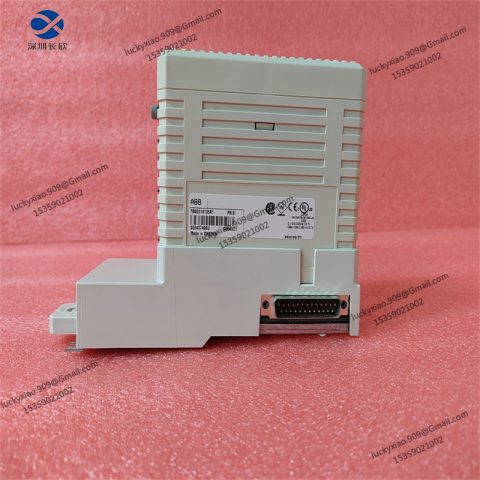
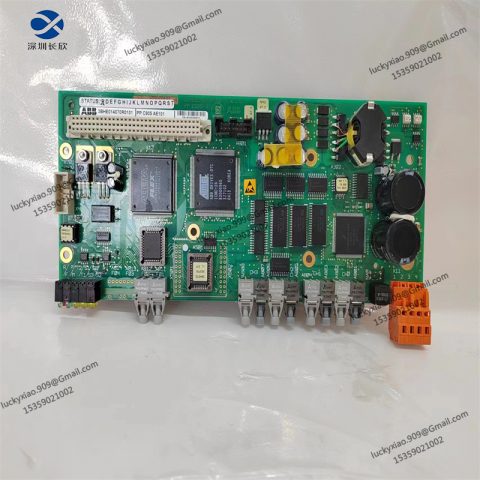
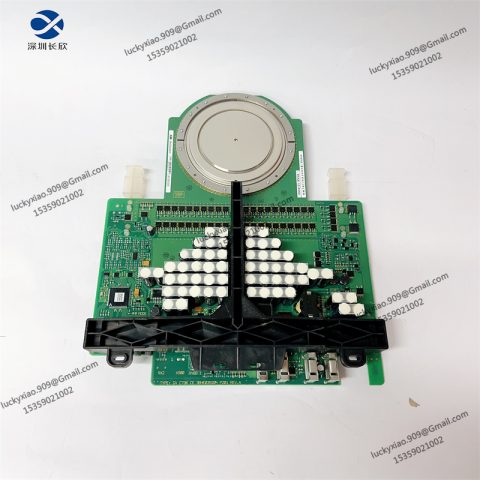
There are no reviews yet.